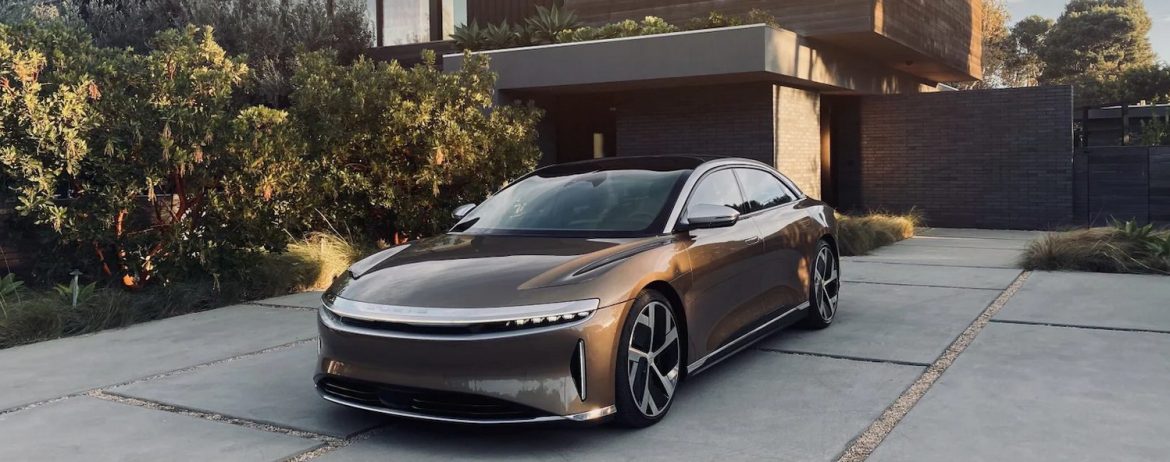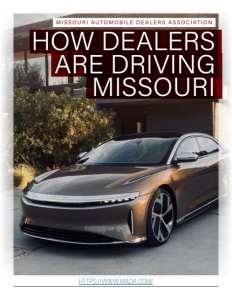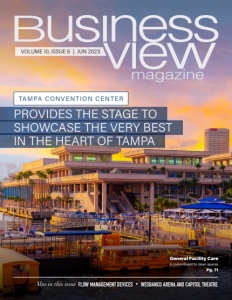Missouri Automobile Dealers Association
how dealers are Driving Missouri
Steering the automotive industry, Missouri Automobile Dealers Association serves to advocate and educate its members
Practically as old as horseless carriages, the first automobile associations sprang up as early as 1902. Campaigning for ‘good roads’ and the safety and convenience of motorists, they reflected the importance and popularity of automobiles in the United States. They were also the ones lobbying to build the first cross-country highway, inaugurating the first traffic safety programs, conceiving roadside mechanical services, and producing touring maps for easier road navigation—anything and everything to enhance the motoring experience.
About a decade after their inception, another like-minded group formed—the National Automobile Dealers Association (NADA). The 1910s had seen such a boom in car production that showrooms and maintenance centers started popping up in major cities all over the country. With them, the first franchised automobile dealers were born. NADA very quickly became ‘the voice’ of those small, local businesses, sponsoring laws like the Dyer Act, which made it illegal to steal a car and drive it across state lines. Since then, ADAs have evolved to improve most of the educational and commercial trade activities in connection with the sales, marketing, promotion, delivery, repair, and use of motor vehicles.
Out of all the states, Missouri has demonstrated an especially strong kinship with its car dealers as integral parts of cultural life and its state history. Many Missouri dealerships have been family-owned for multiple generations, some even reaching 100 years of sales and service.
Approximately 80% of MADA’s membership is family-owned Missouri families that have been in operation for decades. Their estimates show that around 45,000 Missourians (out of a population base of 6.3 million) work, or are related to employment, in automotive retail.
“That may be a technician, a salesperson, a detailer, a porter, or a parts distributor, but that’s a pretty large chunk of our overall workforce,” insists President and CEO, Doug Smith. “We’re the primary trade association for automotive retail in Missouri, representing roughly 380 franchise dealers across the state.”

Around the late 1930s, MADA commands a rather hefty presence at the Missouri legislature on all matters of the car buying process, particularly when it comes to advocating for what an auto dealership does for the local community. MADA primarily serves the two large metropolitan areas of St. Louis and Kansas City, which roughly make up two-thirds of their membership, in addition to the small towns and rural counties that give the state its particular flavor.
‘One of the association’s key milestones came in the 1980s when MADA came up with the blueprint for its current motor vehicle practice laws. This went a long way towards leveling the playing field for small businesses and manufacturers on standards of operation. “Before the franchise laws, there were some liberties taken by vehicle manufacturers with their representatives and dealer agreements,” he explains. “We have, I think, a very fair and straightforward set of laws now that govern the relationship between the manufacturer and the dealership. I’m biased, of course, but I think that the dealership is the best representative of a manufacturer’s product. They have roots in their communities. They’re experts on what they sell. They evolve with the industry. They are just the best spokesperson for the manufacturer’s product. Overall, there are very good manufacturer/dealer relationships in the state of Missouri, but it seems, from time to time, that those limits get pushed by the manufacturer. And that’s when we kind of step in and clarify the law, or remove some of the vulnerabilities and do what we do at our State House.”
Smith believes there’s a level of trust built into every transaction between a consumer and their local auto dealer, on the basis that small businesses participate in their communities and are usually large benefactors to high school sports, civic clubs, and municipal leadership.
“They sit on chambers of commerce, they sit on bank boards, they’re elected officials—aldermen, state legislators, mayors in some cases,” he says. “And they do that not just because it’s probably part of their business protocol, but because they care about the communities they’ve set up shop in. For me, living in Jefferson City, my family has bought vehicles from the same set of dealers in Jefferson City for the last 30 years. We have a relationship. I can pick up the phone and call them and say, Hey, I’m interested in this vehicle. It’s simply the best way to buy this type of product. I know there are alternative methods out there, and I know those work well for some people. But, for the most part, we don’t see anybody screaming for change in the state of Missouri when it comes to the franchise system.”
Instead, the challenges they face have more to do with vehicle affordability and direct-to-consumer (D2C) sales of electric vehicles (EVs), according to Smith.
With the median household income being under $75,000 in Missouri and the average price for a new car normalizing at around $56,000, there’s a real concern that consumer spending won’t be directed toward auto retailing. “Used cars have gone up in price since the pandemic because of demand,” Smith reports.

“Those are still priced about $10,000 higher than they were in 2019 in our state. Interest rate hikes, and the prime continuing to go up, are all huge concerns of ours. It’s going to impact the car-buying consumer’s decision on whether they want to make that purchase now or wait until the economy stabilizes two, maybe three years down the road. We’re mid-south Midwest, and we have a very conservative economy. When it comes to large, durable goods, a Missourian thinks of purchasing differently. Maybe they don’t have that knee-jerk reaction that some other parts of the country do. There’s a deliberate analysis that motivates these larger purchases.”
On the EV side, the association has been steadfast in trying to prohibit D2C in an attempt to protect the franchise model against new entrants that sell without using independent dealers.”
“Our franchise laws are very clear on who can and can’t sell,” Smith remarks. “We’ve had some well-documented battles with Tesla over the last decade, and we still have some concerns about their business model. It’s a unique provision that allows them to sell directly, and the other manufacturers don’t have it.”
As the era of the pure internal combustion engine slowly but surely comes to a close, EVs have become the “bright, shiny object” du jour for car manufacturers.
“They’ve invested billions of dollars in advertising these vehicles and they’re looking for alternative ways to sell them outside of the dealership model. Manufacturers will say, This is a different propulsion system, therefore it’s a different car. But I would argue that propulsion systems have been changing the automobile for the last 75 years. You had the big-block V8 engines in the 30s and 40s. Then you had the small-block V8s in the 60s and 70s. With the oil embargo in the 70s, we moved to V4s and smaller power plants. Then onto hybrids. Now you’ve got all-electric. At the end of the day, this propulsion system that’s changed over the last several decades has always been sold through a dealer. And we still think that’s the absolute best way that a manufacturer can sell their product—through a third party representative which, in our case, would be the auto dealers in the state of Missouri.”
MADA has tracked solid, steady growth when it comes to EV purchases, with 35-40% increases in overall sales just in the last 6 years. “We started with minuscule numbers—numbers in the hundreds—but at last glance, our total EV registration in Missouri was at around 13,000 vehicles,” Smith reports.
There’s no question that Missourians are making progress in EV adoption; what remains to be seen is how the state will meet the energy demand required for EV recharging.
“We’re lagging in charging infrastructure, I will say that,” Smith admits. “Until we have charging stations every 25 to 50 miles—until we double, or even triple the amount we have right now—I think we’re going to keep seeing EVs as a future consideration and not a current purchasing decision. Nobody wants to be stranded in rural Missouri without a charging option.”
The biggest piece MADA is focusing on is preparing its membership for a potential downfall in the industry in terms of sales and operations this year. “All those factors—the interest rates, vehicle affordability, wholesale prices, direct manufacturer sales—that’s something we’ll fight until I’m told not to fight it,” Smith says.
“We’ll do everything we can to work with automakers on some kind of resolution that they can live with. But ultimately, our job is to protect our business model which has worked for 100 years, and make sure that our small businesses—those who’ve made the investments they’ve made in their communities and the state of Missouri—are as comfortable as possible when it comes to planning for the future.”
AT A GLANCE
Missouri Auto Dealers Association
What: The advocacy and education association that represents auto dealers throughout the state
Where: Jefferson City, Missouri
Website: https://www.mada.com/



